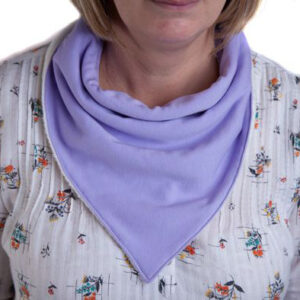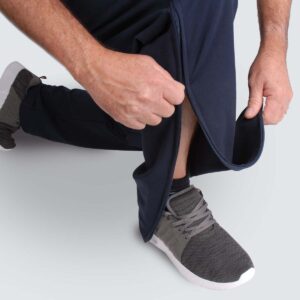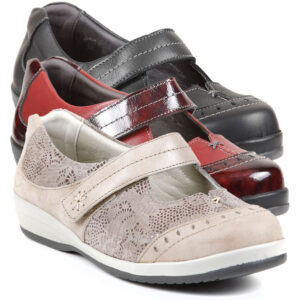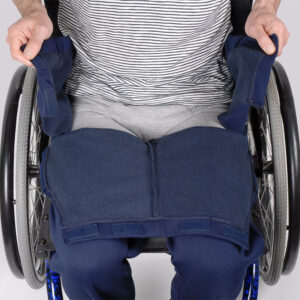Motor neurone disease (MND) describes a group of diseases that affect the nerves (motor neurones) in the brain and spinal cord that tell your muscles what to do.
With MND, messages from the motor neurones gradually stop reaching the muscles causing them to weaken, stiffen and waste. MND can affect how you walk, talk, eat, drink and breathe. It can also affect how you think and behave. However, as with many diseases, MND affects people in different ways. Although MND is life-shortening, symptoms can be managed to help achieve the best possible quality of life.
Researchers suggest there is a 1 in 300 risk of getting motor neurone disease in a lifetime and it can affect adults of any age but tends to affect people over 50. MND affects up to 5,000 adults in the UK. There are also many types of MND which usually details how the symptoms affect the sufferers. The types of disease include Amyotrophic Lateral Sclerosis (ALS), Bulbar Onset MND or Progressive Bulbar Palsy (PBP), Progressive Muscular Atrophy (PMA), Primary Lateral Sclerosis (PLS), and Kennedy’s Disease (also known as Spinal Bulbar Muscular Atrophy or SBMA).
Although motor neurone disease affects the nerves in the brain and spinal cord, and the messages travelling to your muscles, many people experience different symptoms, in different orders, and at different speeds. Symptoms include:
- Muscle weakness – with loss of muscle mass, and movement and mobility problems
- Muscle cramps and spasms – including rippling sensations (also known as fasciculation)
- Stiff joints – which may limit range of movement
- Pain or discomfort
- Speech and communications problems
- Swallowing difficulties – affecting how you eat and drink
- Saliva problems – where thin saliva pools in the mouth or saliva becomes thick and sticky
- Weakened coughing
- Breathing problems
- Emotional lability – with inappropriate emotional responses such as laughing when feeling sad
- Changes to thinking and behaviour
Find out more about motor neurone disease here.
Due to muscles feeling weaker and experiencing cramps or spams, and stiff joints, many people find it difficult to dress themselves independently. At Able2 Wear, working closely with our customers, we’ve developed our range of adaptive clothing to include drop front wheelchair trousers in a variety of fabrics and colours. We also offer a collection of wheelchair waterproofs. Many of our items are specially adapted to enable carers to easily dress the individual.



